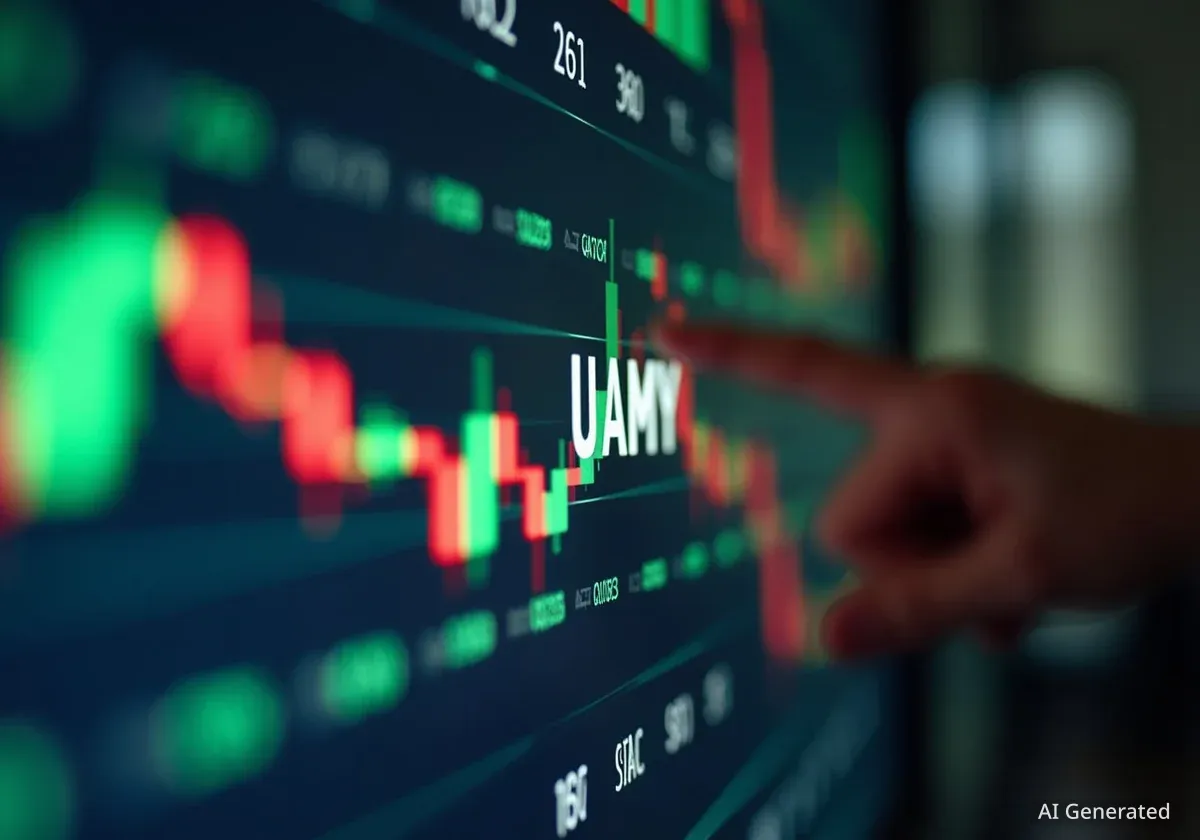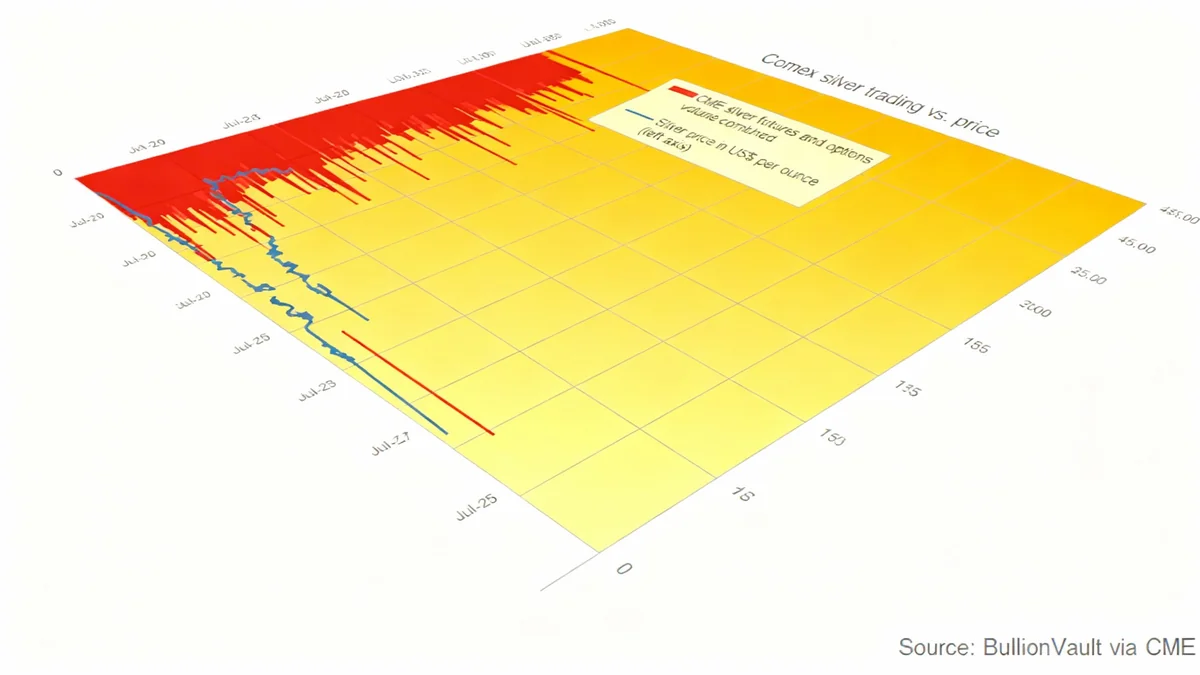Shares of United States Antimony Corporation (UAMY) have experienced a dramatic rise, climbing 676% year-to-date amid ongoing trade tensions between the U.S. and China. However, prominent market commentator Jim Cramer has issued a strong warning, advising investors to sell the stock unless the U.S. government announces a direct investment in the company.
Key Takeaways
- United States Antimony (UAMY) stock has gained 676% so far this year.
- The surge is linked to U.S.-China trade tensions and concerns over rare earth metal supply chains.
- Jim Cramer has recommended selling the stock, citing its rapid appreciation and corporate actions reminiscent of the dot-com era.
- Cramer's only exception for holding the stock would be a direct investment by the U.S. government.
- The warning comes as investors increasingly seek domestic sources for critical materials like antimony.
UAMY's Explosive Growth Driven by Geopolitics
United States Antimony Corporation, a company specializing in the production of metals like antimony and zeolite, has become a focal point for investors navigating geopolitical risks. The stock's remarkable 676% gain in 2025 reflects a broader market shift toward securing domestic supply chains for critical materials.
This renewed interest is largely a response to actions from Beijing, which has signaled potential restrictions on its export of rare earth elements. As China dominates the global supply of these materials, any disruption creates significant uncertainty for industries reliant on them, from defense to consumer electronics.
The Strategic Importance of Antimony
Antimony is a critical mineral used in a variety of applications, including flame retardants, batteries, and military equipment. The United States is heavily dependent on imports for its antimony supply, making domestic producers like UAMY strategically important in discussions about national security and economic independence.
As a result, American rare earth and critical mineral companies have seen a surge in investor attention. The market is pricing in the potential for these firms to fill a critical supply gap and benefit from government initiatives aimed at onshoring production of essential resources.
Cramer Sounds the Alarm on Valuation
Despite the bullish sentiment surrounding domestic rare earth producers, Jim Cramer has adopted a cautious, contrarian stance. He directly addressed the situation, suggesting that the rally in stocks like UAMY may be overheated.
“These things are all like, unless Trump buys a stake in each of these one, you wanna sell these. You really do,” Cramer stated, emphasizing the speculative nature of the recent price action.
Cramer's primary concern centers on the company's valuation and recent corporate behavior. He drew parallels to the market environment of the year 2000, when companies with inflated stock prices often used their shares as currency for acquisitions.
Echoes of the Dot-Com Bubble
He specifically pointed to a recent move by the company as a potential red flag. “Antimony, it’s up 532% and they’re making a bid for some Australian rare earth, at six shares for one? That sounds like very 2000,” he explained.
This type of stock-for-stock acquisition, he argued, can be a sign that a company's management believes its own shares are overvalued. During the dot-com bubble, many technology companies engaged in similar merger activities before their stock prices eventually corrected.
A Tale of Two Views
While Cramer advises caution, not all market analysis is bearish. Investment bank William Blair has reportedly expressed a positive outlook on UAMY, highlighting the diverging opinions on the company's future prospects and current valuation.
The Government's Role as a Potential Catalyst
Cramer did, however, outline a specific scenario in which his bearish view would change: direct government intervention. His comment that investors should sell “unless Trump announces that the government is taking a stake in the firm” underscores the critical role that public policy could play in the sector's future.
A federal investment would serve two main purposes:
- Validation: It would signal that the U.S. government views the company as a vital national asset for securing a domestic supply of critical minerals.
- Capital Injection: It would provide the necessary funding for the company to scale up its operations, a costly and time-consuming process in the mining industry.
Without such a clear and substantial commitment from the government, Cramer suggests that the stock's current price is based more on speculation than on fundamental strength. Investors are left to weigh the immense potential of a domestic rare earth champion against the risks of a speculative bubble fueled by geopolitical headlines.





